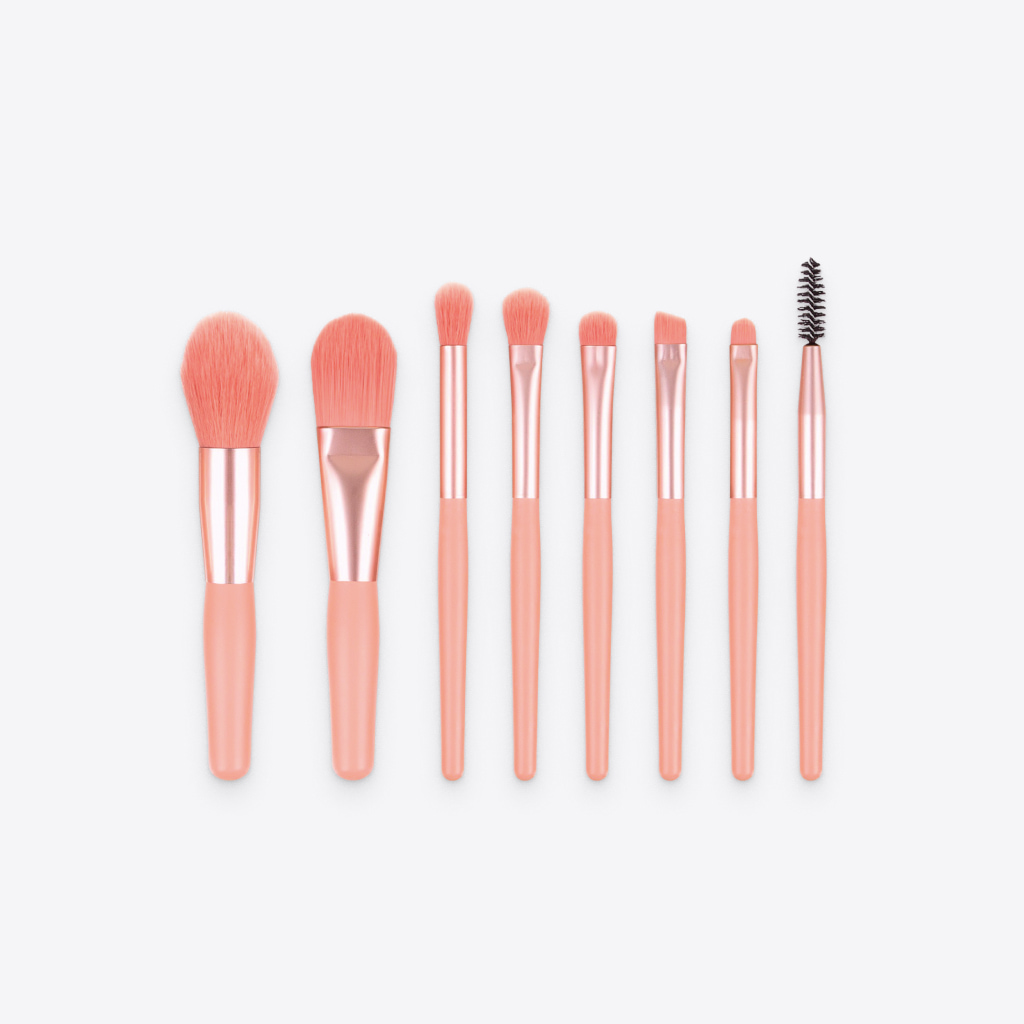Achieving well-hydrated and glowing skin is a dream for many, and it’s not just a matter of using any moisturizer. Understanding the science of skin hydration, choosing the right products, and following a tailored daily routine can significantly enhance your skin’s health and appearance. This article delves into effective moisturizing practices, from picking the perfect ingredients to adjusting your skincare with the changing seasons, ensuring your skin remains radiant and nourished year-round.
Key Takeaways
- Understanding the different factors that affect skin hydration is crucial for selecting the right skincare products.
- Choosing moisturizers with the right ingredients and formulations (creams, lotions, oils) can make a significant difference in skin health.
- A proper morning routine should include cleansing, correct product layering, and SPF protection to safeguard and hydrate the skin.
- Evening routines focused on deep cleansing and intensive moisture treatments help in repairing and rejuvenating the skin overnight.
- Adjusting your skincare routine to suit different seasons and addressing specific skin concerns like acne or sensitivity are essential for maintaining optimal skin hydration.
Understanding Skin Hydration
The Science of Skin Moisture
Understanding the science of skin moisture is crucial for maintaining a healthy and glowing complexion. Skin hydration is primarily governed by the stratum corneum, the outermost layer of the skin, which acts as a barrier to prevent excessive water loss and protect against external irritants.
Factors Affecting Skin Hydration
Several factors can impact skin hydration, including:
- Genetics: Some people naturally have drier skin.
- Environmental conditions: Dry air, cold temperatures, and wind can dehydrate the skin.
- Age: As we age, our skin’s ability to retain moisture decreases.
Signs of Dehydrated Skin
Recognizing the signs of dehydrated skin is the first step towards addressing it. Common indicators include:
- Tightness and discomfort
- Dullness and lessened elasticity
- Visible fine lines or cracks
Proper hydration is essential for maintaining the skin’s elasticity and overall health.
Choosing the Right Moisturizers
Ingredients to Look for
When selecting a moisturizer, prioritize ingredients that bind or attract water such as hyaluronic acid, glycerin, and squalane. These components are essential for maintaining skin’s hydration levels. Additionally, look for ceramides and fatty acids which help to reinforce the skin barrier, preventing moisture loss.
Creams vs. Lotions vs. Oils
Understanding the differences between these types of moisturizers can significantly impact your skin’s health. Creams are typically thicker and more hydrating, making them ideal for dry skin. Lotions are lighter and work well for normal to combination skin types. Oils, providing intense hydration, are best suited for dry or aging skin but can be used sparingly on oily skin.
Product Recommendations
Vanicream’s Daily Facial Moisturizer offers better value than any other product we tested. Infused with hyaluronic acid, squalane, and five different ceramides, it’s a top choice for effective skin hydration.
For a comprehensive approach, consider layering products that address different aspects of skin hydration and protection. Starting with a hydrating serum, follow up with a cream or lotion, and seal with an oil if necessary, especially in colder months.
Morning Moisturizing Routine
Cleansing and Prepping
Begin your morning routine by cleansing your face to remove any impurities or excess oils that have built up overnight. Use a gentle cleanser that maintains your skin’s natural moisture barrier. Prepare your skin for moisturizing by applying a hydrating toner or serum, which can help your moisturizer absorb better.
Layering Products Correctly
It’s crucial to layer your skincare products in the right order to maximize their effectiveness. Start with the lightest product, such as serums, followed by a hydrating moisturizer. Finish with an oil or cream if you have dry skin. This method ensures that each product can penetrate the skin properly without being blocked by heavier formulas.
SPF Protection
Always end your morning skincare routine with SPF protection. Sunscreen is essential to protect your skin from harmful UV rays, which can cause premature aging and other skin damage. Choose a broad-spectrum sunscreen with at least SPF 30 and apply it generously to all exposed areas of the skin.
Evening Moisturizing Routine
Deep Cleansing
Start your evening routine with a thorough cleansing to remove makeup, dirt, and pollutants accumulated throughout the day. Opt for a gentle, hydrating cleanser that maintains the skin’s natural moisture barrier. Double-cleansing is highly recommended for those wearing heavy makeup or sunscreen.
Intensive Moisture Treatments
Incorporate products that provide deep hydration and repair. Look for ingredients like hyaluronic acid, ceramides, and peptides. A good practice is to apply a hydrating serum followed by a richer night cream or an overnight mask to lock in moisture.
Overnight Hydration Tips
Ensure your sleeping environment supports skin hydration. Use a humidifier to maintain optimal humidity levels and prevent skin dryness. Silk pillowcases can also help reduce friction and skin irritation. Before bed, apply a hydrating gel to keep your skin moisturised throughout the night.
Seasonal Adjustments to Skincare
Adjusting your skincare routine according to the season is crucial for maintaining optimal skin health. Each season brings different challenges and opportunities for your skin care regimen.
Summer Skincare
In the summer, increase your sun protection and opt for lighter moisturizers. It’s also a good time to incorporate more antioxidants into your routine to combat potential damage from increased sun exposure.
Winter Protection
During winter, your skin requires more intensive moisture to combat the dry, harsh weather. Switch to thicker creams and don’t forget to protect your lips and hands, which are particularly vulnerable to cold conditions.
Transitioning Between Seasons
As you move from one season to another, gradually adjust your products to avoid shocking your skin. Start by shedding winter skin with a gentle exfoliation and introduce heavier or lighter products as the temperatures dictate.
Addressing Specific Skin Concerns
Acne-Prone Skin
For those with acne-prone skin, choosing non-comedogenic products is crucial to prevent clogging pores. Incorporate ingredients like salicylic acid and benzoyl peroxide which help reduce acne and prevent future breakouts. A gentle cleansing routine followed by a light moisturizer can significantly improve skin appearance.
Sensitive Skin
Sensitive skin requires extra care to avoid irritation. Opt for hypoallergenic and fragrance-free products. Ingredients such as aloe vera and chamomile are beneficial for calming the skin. It’s important to test new products on a small skin area before full application.
Aging Skin
Aging skin benefits from products that contain antioxidants and peptides to enhance collagen production and reduce wrinkles. Hyaluronic acid is a key ingredient for maintaining moisture and giving skin a plump, youthful appearance. Regular use of these products, combined with a healthy lifestyle, can make a noticeable difference in skin texture and elasticity.
Lifestyle Tips for Better Skin Hydration
Diet and Hydration
Proper hydration is crucial for maintaining skin elasticity and preventing dryness. Include a balanced diet rich in fruits, vegetables, and healthy fats. Limiting intake of caffeine and alcohol can also significantly improve skin hydration. Here’s a quick guide on what to include:
- Water: Aim for 8-10 glasses daily
- Cucumber, watermelon, and strawberries: High in water content
- Omega-3 fatty acids: Found in fish and flaxseeds
Exercise and Skin Health
Regular physical activity increases blood flow, which helps nourish skin cells and keep them vital. Sweat also helps clear out pores, reducing the likelihood of acne. However, remember to cleanse your face after a workout to remove sweat and bacteria.
Sleep and Skin Recovery
Adequate sleep is essential for skin health as it allows for cellular repair and moisture rebalance. Ensure you get at least 7-8 hours of quality sleep to maximize skin recovery and hydration. Avoiding electronic devices before bedtime can help improve sleep quality.
Conclusion
Incorporating a daily moisturizing routine is essential for maintaining hydrated and glowing skin. By understanding the benefits of different moisturizers, tailoring your routine to your skin type, and adopting habits that promote skin hydration, you can achieve a radiant complexion. Remember, consistency is key, and the right moisturizing practices can transform your skin health over time. Embrace these moisturizing miracles, and watch your skin thrive with vitality and luminosity.
Frequently Asked Questions
Why is skin hydration important?
Skin hydration is crucial because it helps maintain the skin’s elasticity, prevents dryness and flakiness, and keeps the skin looking youthful and radiant.
What are the best ingredients for skin moisturizers?
Look for ingredients like hyaluronic acid, glycerin, ceramides, and natural oils such as jojoba or argan oil, which help to lock in moisture and nourish the skin.
How do I choose between creams, lotions, and oils?
Creams are best for dry skin as they are thicker and more hydrating, lotions are lighter and good for normal to combination skin, and oils are suitable for most skin types as they provide deep hydration.
What should my morning moisturizing routine include?
A morning routine should start with cleansing, followed by a hydrating serum, moisturizer, and SPF to protect the skin from UV damage.
How can I adjust my skincare routine for winter?
In winter, switch to a heavier moisturizer, add a hydrating serum or oil, and use gentle, hydrating cleansers to combat the dry, harsh weather.
What lifestyle changes can improve skin hydration?
Drinking plenty of water, maintaining a balanced diet rich in fruits and vegetables, getting enough sleep, and exercising regularly can significantly improve skin hydration.


















Leave a comment